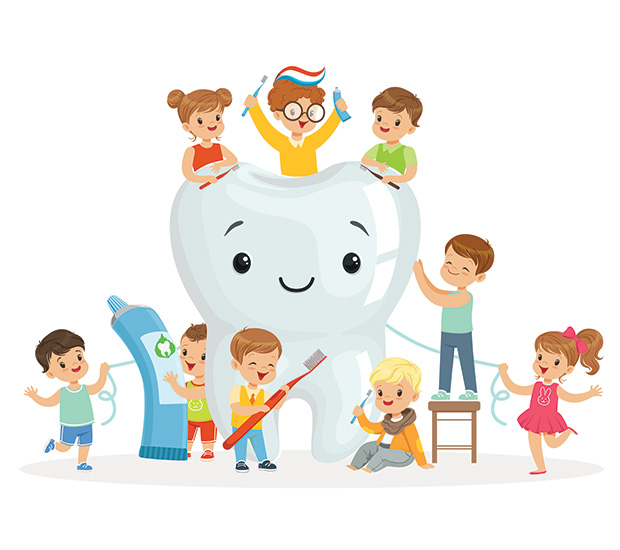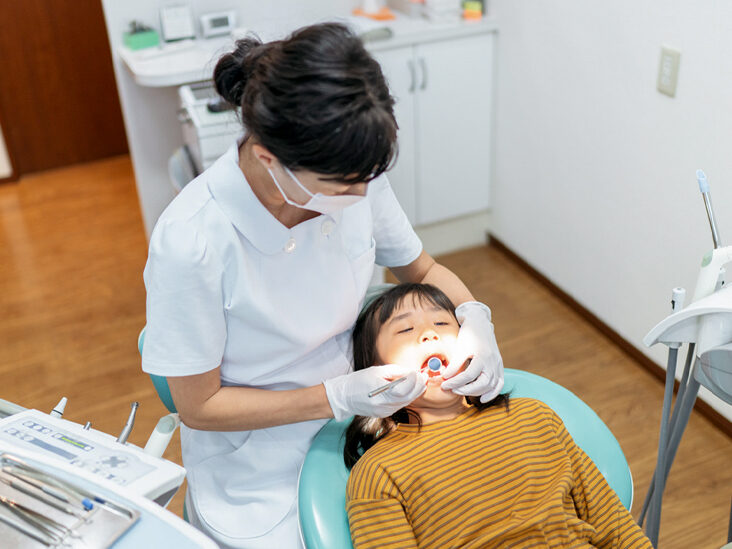
It can be challenging when your children get cavities, even though you help them brush and try to limit sugary foods. Cavities are common, affecting more than half of kids by age 8, according to the Centers for Disease Control and Prevention. When our patients need a cavity filling in Greenville, NC, we explain why cavities occur and provide tips to prevent future tooth decay. We’ve also developed this guide to help keep your kids’ teeth cavity-free.
Causes of Cavities
Cavities occur when bacteria in the mouth combine with food particles on the teeth to form plaque. This sticky substance erodes the tooth’s protective enamel and eventually creates a tiny hole called a cavity.
Cavities are more common in children who:
- Do not brush and floss regularly
- Do not visit the dentist at least once a year
- Eat foods that leave starch and sugar on the teeth, including sweets, candy, bread, cereal, fruit juice, and soda
- Live somewhere without fluoride in the water supply
Cavity Treatments for Kids
If your child has a cavity, treatment can prevent tooth loss and the spread of decay. Cavity treatments typically require fillings. The dentist will remove the affected part of the tooth and fill the hole with a durable material such as resin or acrylic.
If a cavity gets too large, the dentist may need to remove the entire tooth and replace it with an artificial tooth called a crown.
Steps to Prevent Cavities
You can take these steps to reduce the chance that your child will get cavities.
Start Cleaning Teeth Right Away
Clean your child’s first baby teeth with a soft piece of gauze as soon as you see them emerge. Help toddlers and preschoolers brush with a pea-sized amount of fluoride toothpaste. Supervise brushing and flossing until your child can clean teeth independently (at least 6 for most kids).
Emphasize Good Nutrition
Consider replacing fruit juice and soda with water to reduce the risk of cavities. Feeding your child a healthy diet with limited sugary snacks and sweets is also important.
You should also visit a pediatric dentist for cleanings and checkups every 6 months. Wilson Pediatric Dentistry provides comprehensive oral health care for children, including dental fillings in Greenville, NC. Contact us today to schedule an appointment for your kids so we can help you develop a strong cavity-prevention plan.

